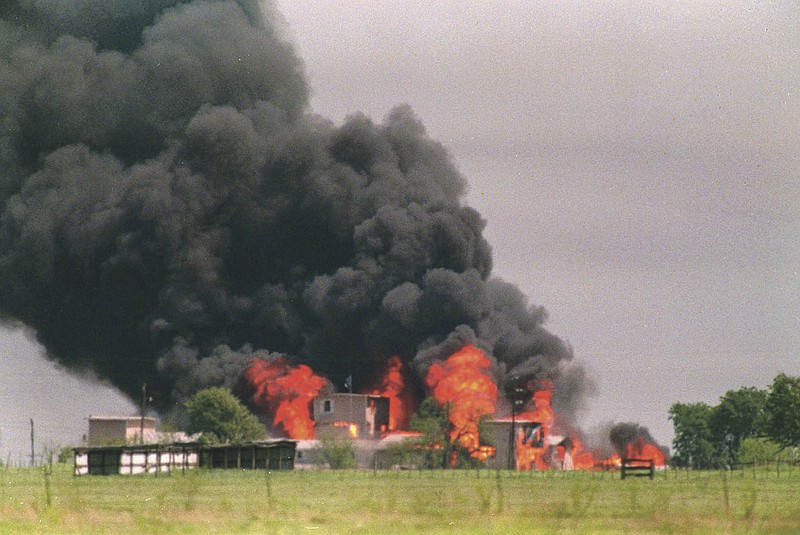WACO, Texas (AP) - The 20th anniversary of the disastrous raid on the Branch Davidians compound near Waco passed quietly Thursday, as colleagues of the four agents who died gathered in private and local officials made no plans to mark the day.
The Bureau of Alcohol, Tobacco, Firearms and Explosives held a ceremony in Waco to honor agents Conway LeBleu, Todd McKeehan, Robert John Williams and Steven Willis, the four agents who died in the Feb. 28, 1993 raid. Six Davidian members also died in that raid, which began a 51-day standoff that ended with the compound burning and the deaths of about 80 more sect members, including two dozen children.
The incident cast an international spotlight on Waco and Central Texas, as well as the ATF, which was criticized in a later government review for not calling off the raid after sect members found out about it.
The ATF closed Thursday's ceremony to the public and media out of respect to family members. About 185 people, including many of the agents who were in Waco, were in the audience, agency spokeswoman Franceska Perot said.
Several retired agents interviewed earlier in February expressed continuing sadness and regret.
"Would I have stopped Waco if I had known what I know now? Absolutely." said Peter Mastin, who was the deputy incident commander during the raid, in a Feb. 7 interview. "But we weren't set up for that."
"If the decision-makers had known how badly the raid had been compromised, we wouldn't have gone," Mastin added.
Agents obtained a search warrant to raid the compound, whose members were led by group leader David Koresh. The agents were trying to arrest Koresh for stockpiling illegal weapons and explosives. The ATF was counting on the element of surprise, but a local TV cameraman unwittingly tipped a man appearing to be a postal worker who turned out to be a sect member.
Koresh and his followers barricaded themselves in the compound, beginning a standoff that was broadcast around the world. It ended 51 days later when much of the compound went up in flames.
The incident remains one of the most controversial incidents of law enforcement action in American history. Some saw the raid as an unwarranted government intrusion into personal and religious freedoms. Two years afterward, Timothy McVeigh bombed the Oklahoma City federal building, killing 168 people in an act he said was to avenge the Davidians' deaths.

